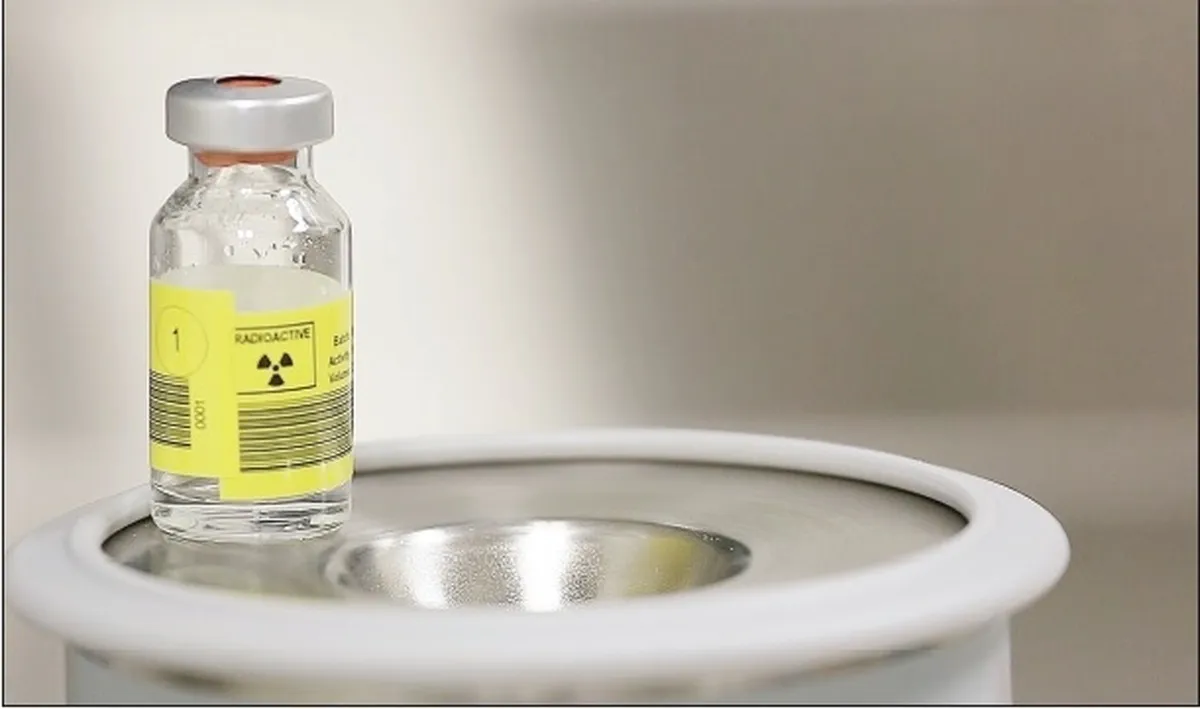Iranian Researchers Acquire Know-How to Produce Molybdenum-99 Using Nuclear Technology

“Molybdenum is used to detect some diseases. Every week, hospitals and nuclear medicine diagnostic centers across the country need radiopharmaceuticals based on the use of technetium-m99, and more than one million patients benefit from technetium-m99 every year,” Ali Bahrami Samani, the project manager of the Molybdenum macro plan said.
“The country's need to molybdenum-99 radioisotope has been met so far by this company through the imports of 120 curies of the product, which is sometimes affected by the production conditions in the country or political tensions which have sparked concern to patients and their relatives,” he added.
“Moreover, all the links of its supply chain, except for the link of the radiochemical process of its separation and purification, i.e., facilities for the production of target uranium at 20% enrichment level and the possibility of irradiating it in Tehran Nuclear Research Reactor and facilities for the production of various types of related radiopharmaceutical kits, are now available inside the country. Therefore, the production of this strategic product inside the country has begun,” he added.
Samani said that there is no experience of producing molybdenum on a scale of about 120 curies during each time of the process implementation in the country, adding, "The production of radioactive materials comes with reservations and if they are not taken into account, the risk of investing in the immediate transfer of laboratory results to the industrial stage is high and there is a possibility of irreparable damage."
“Furthermore, the hot cell facilities during the implementation of the molybdenum production plan using the method of neutron activation of molybdenum oxide were not suitable under the foreign sanctions for the rapid implementation of the industrial stage under special conditions. Also, given the restrictions imposed by the nuclear deal known as the JCPOA (Comprehensive Joint Plan of Action), it was decided that molybdenum production plan to be carried out in several stages,” the manager of the project further explained.
“Therefore, the macro plan was proposed after making sure about the correct performance of many processes (stages) in production. This issue included processes that were not important in the early stages of the laboratory, such as the management of solid, liquid and gaseous wastes, and the management of relatively harmful chemical by-products,” he continued.
“The data needed by the designers of the reconstruction of the hot cell facilities will not be obtained before the implementation of the industrial phase, but the previous data that cannot be obtained from the authorities will show the way. It is noteworthy that the experience of the selection process in the present plan did not exist before anywhere in the world, which was also caused by special political conditions and sanctions,” added Samani.
“More than four million euros are spent annually to provide molybdenum-99 radioisotope. Moreover, there is a potential in the country to produce uranium plates and irradiate them in Tehran's Research Reactor, which will be materialized with the implementation of this project,” he continued.
4155/i





















